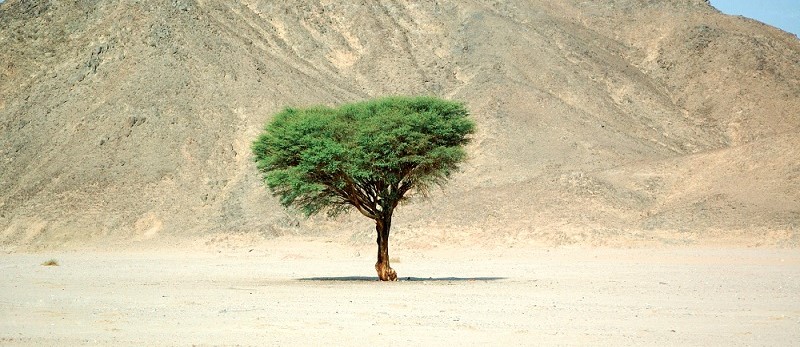
5 Key Findings from BSI’s Organizational Resilience Research study in the light of COVID-19
2020 (and 2019) was a year unlike any other. Many organizations were not prepared for the speed of change that COVID-19 delivered and organizational resilience was tested like never before. Whilst many organizations have struggled, and some have failed, many c-suite leaders have been impressed with the way their organizations adapted and reacted to the situation.
In Q4 2020, Beehive interviewed 551 senior leaders across 5 key sectors, Automotive, Aerospace, Built Environment, Healthcare, & Food, to explore how prepared they were for the disruption, its immediate impact and how they responded to such a significant challenge.
Five key findings were revealed:
- Leaders developed a more holistic awareness of resilience
- Increased emphasis on people and process
- Focusing on people and planet had a positive impact
- Strong recovery requires a flexible approach
- Cause for optimism
The research explored how agile decision making and leadership performance across four key areas significantly impacts the ability of an organization to stabilize, survive, rebuild, and thrive.
Beehive’s Head Bee, Paul Kavanagh, recently spoke at the MRS Future of B2B Research Conference with Quentin Dunstan, Principal Consultant OR, at BSI. They discussed the research, including internal challenges and the lessons learnt. A short snippet of the recording can be heard here:
To watch the full recording on demand, head to the MRS website: The Future of B2B Research | On Demand | Events (mrs.org.uk).
To receive a FREE copy of the report download it at https://www.bsigroup.com/en-GB/our-services/Organizational-Resilience/Organizational-Resilience-Index/
Take part in the next BSI Organizational Resilience study
The next study will be taking place during Q3 and Q4 2021 with the report published in Q1 2022. How has your organisation managed one year on? What lessons can you take into the future? If you had your time again, what would you do differently?
For more information on how to take part email Paul Kavanagh at info@beehiveresearch.co.uk